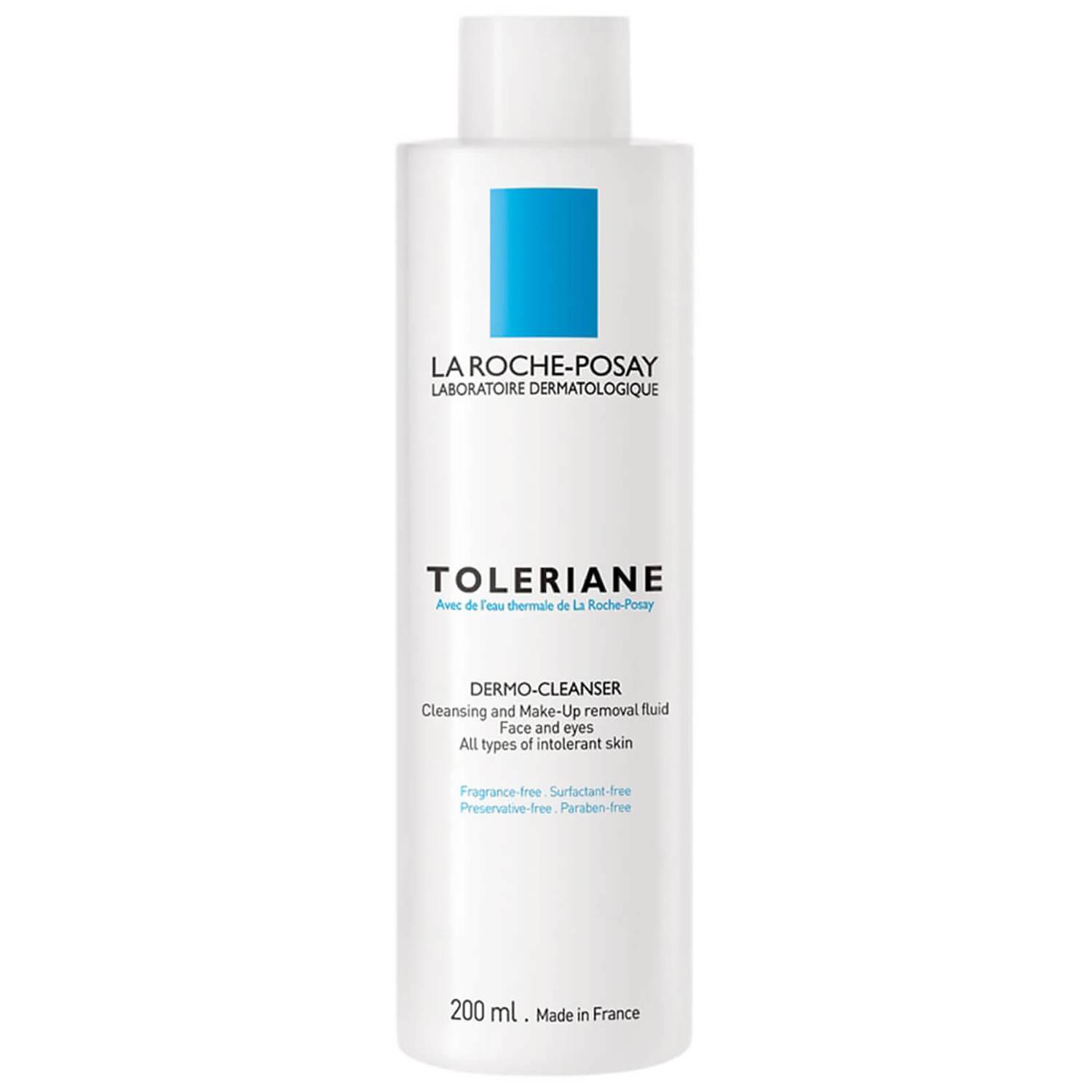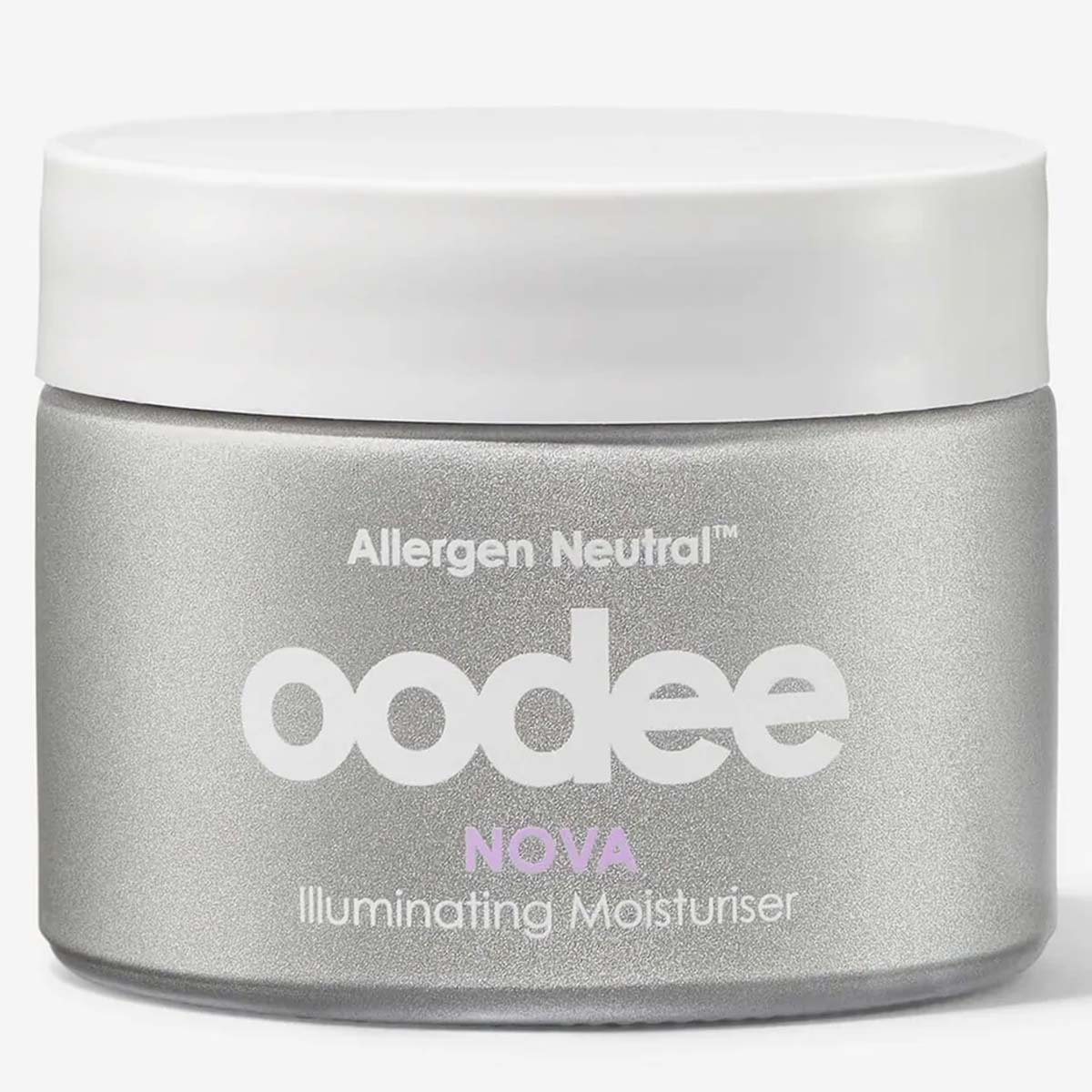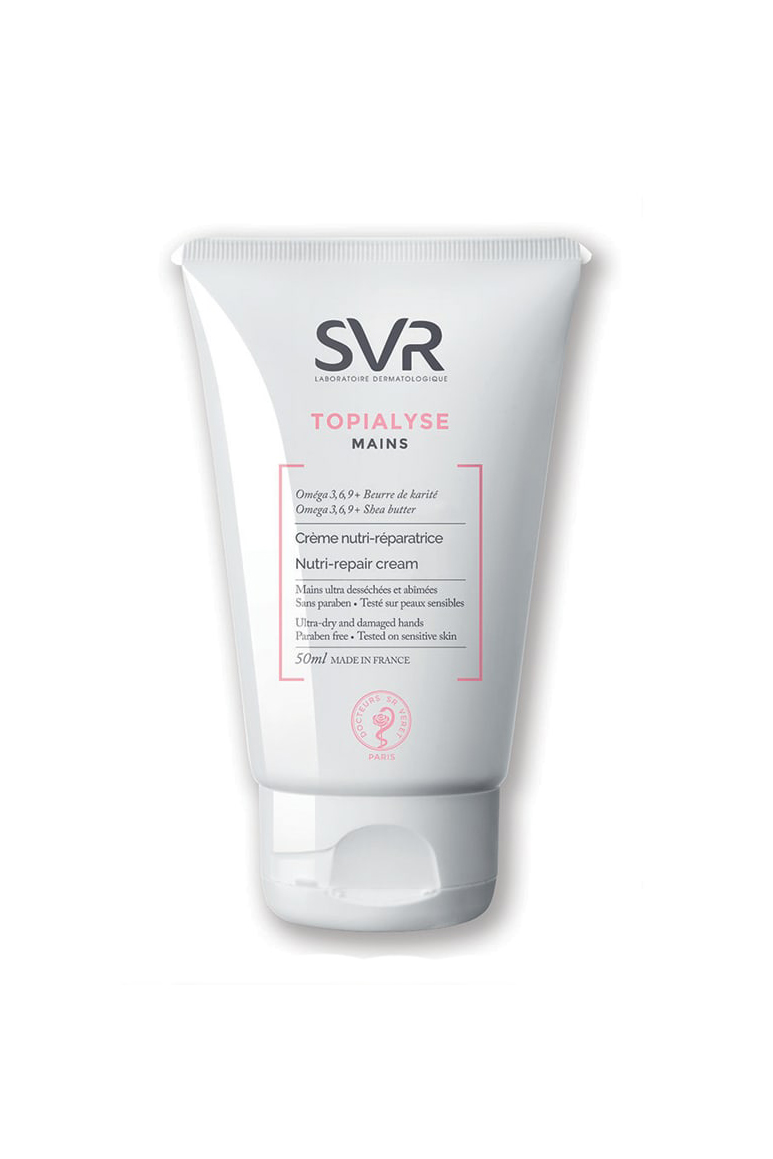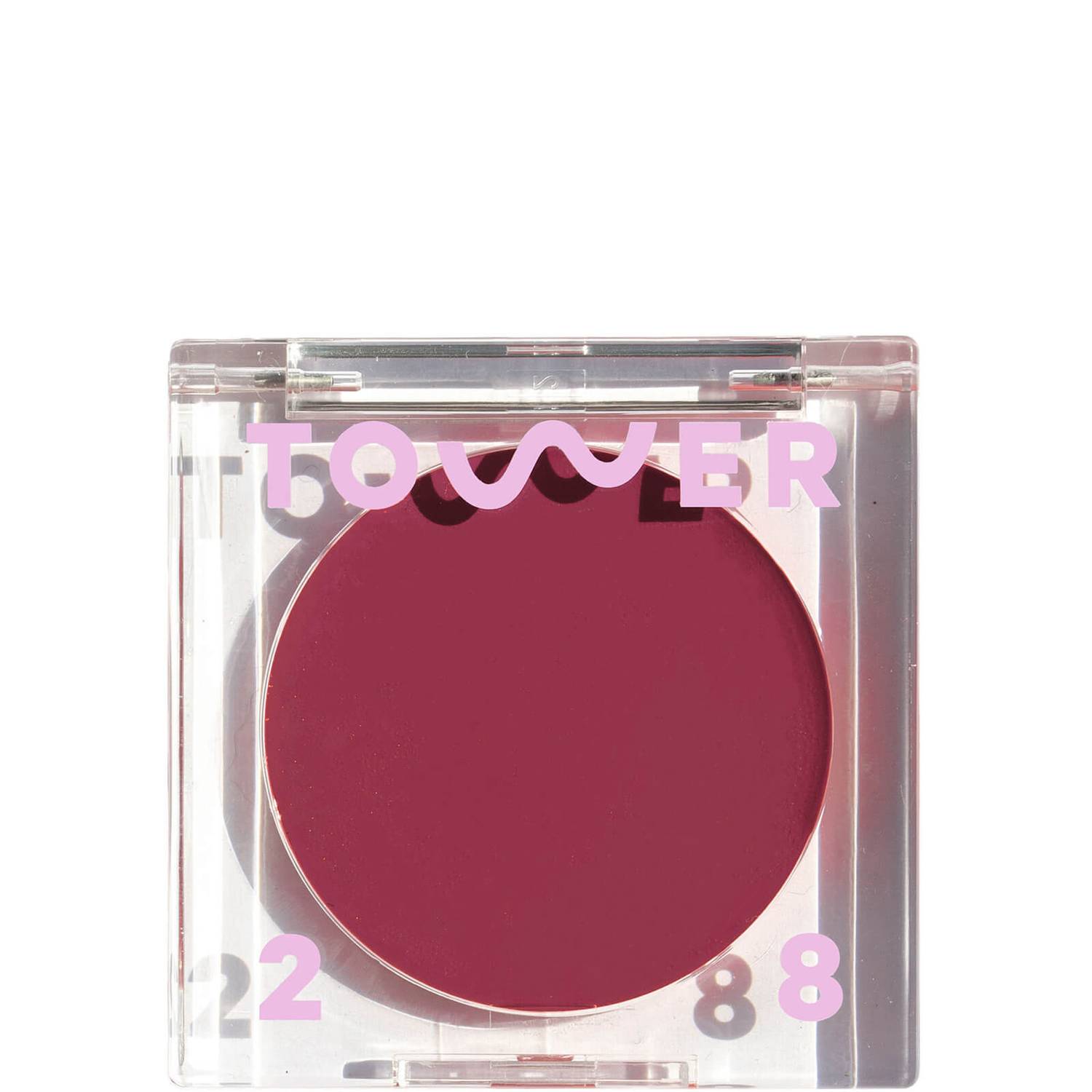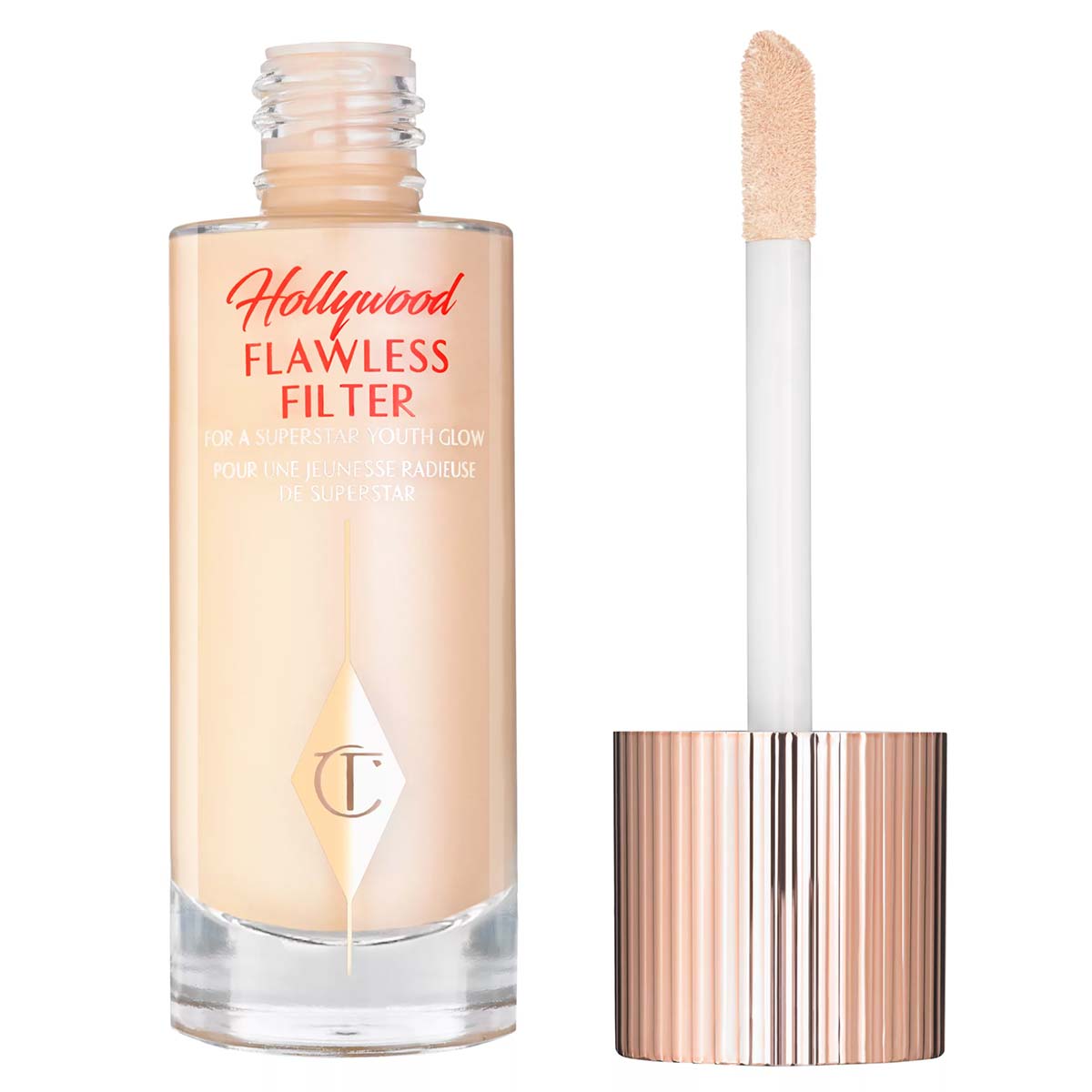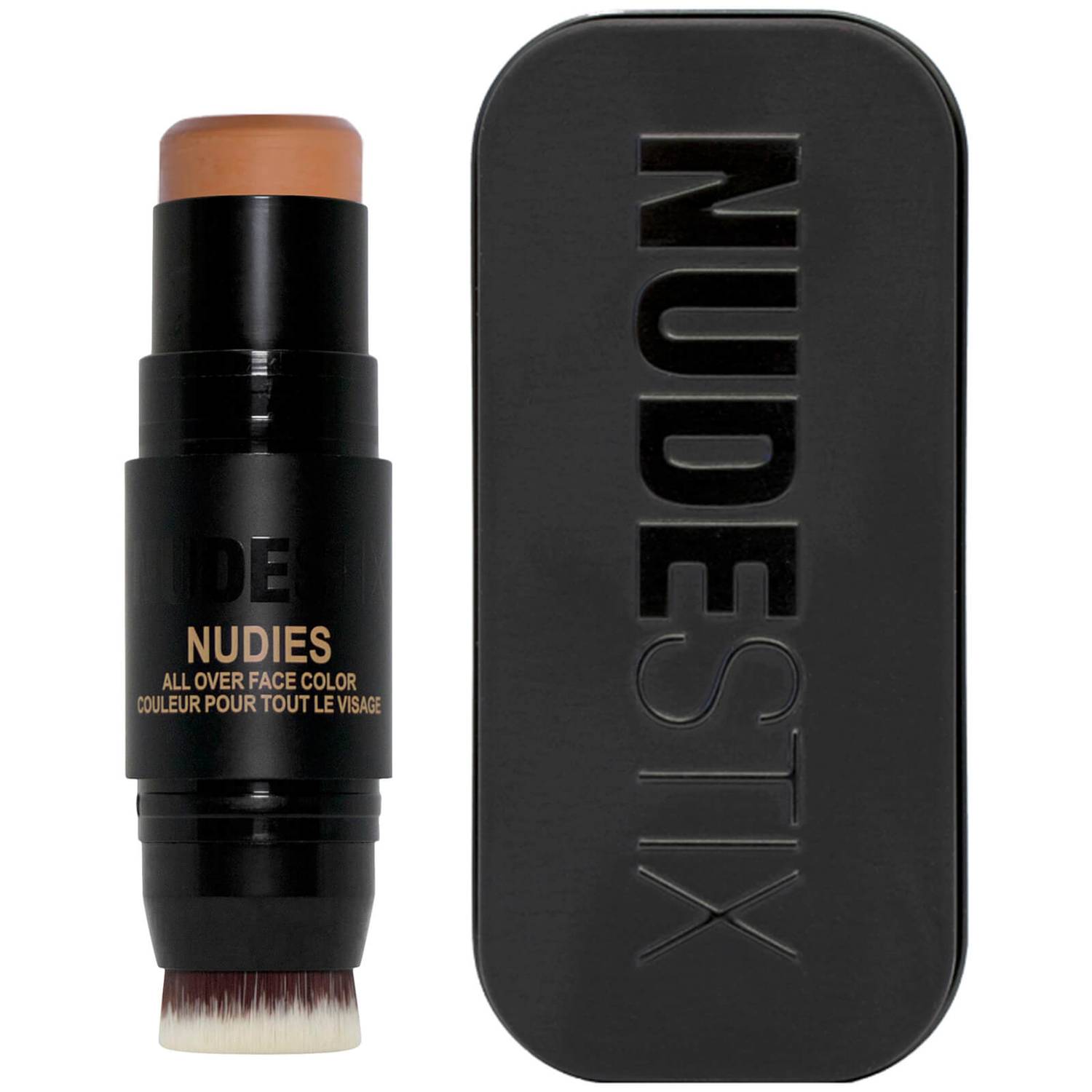The best eczema creams to soothe irritated, red and itchy skin
Finding the right one is essential

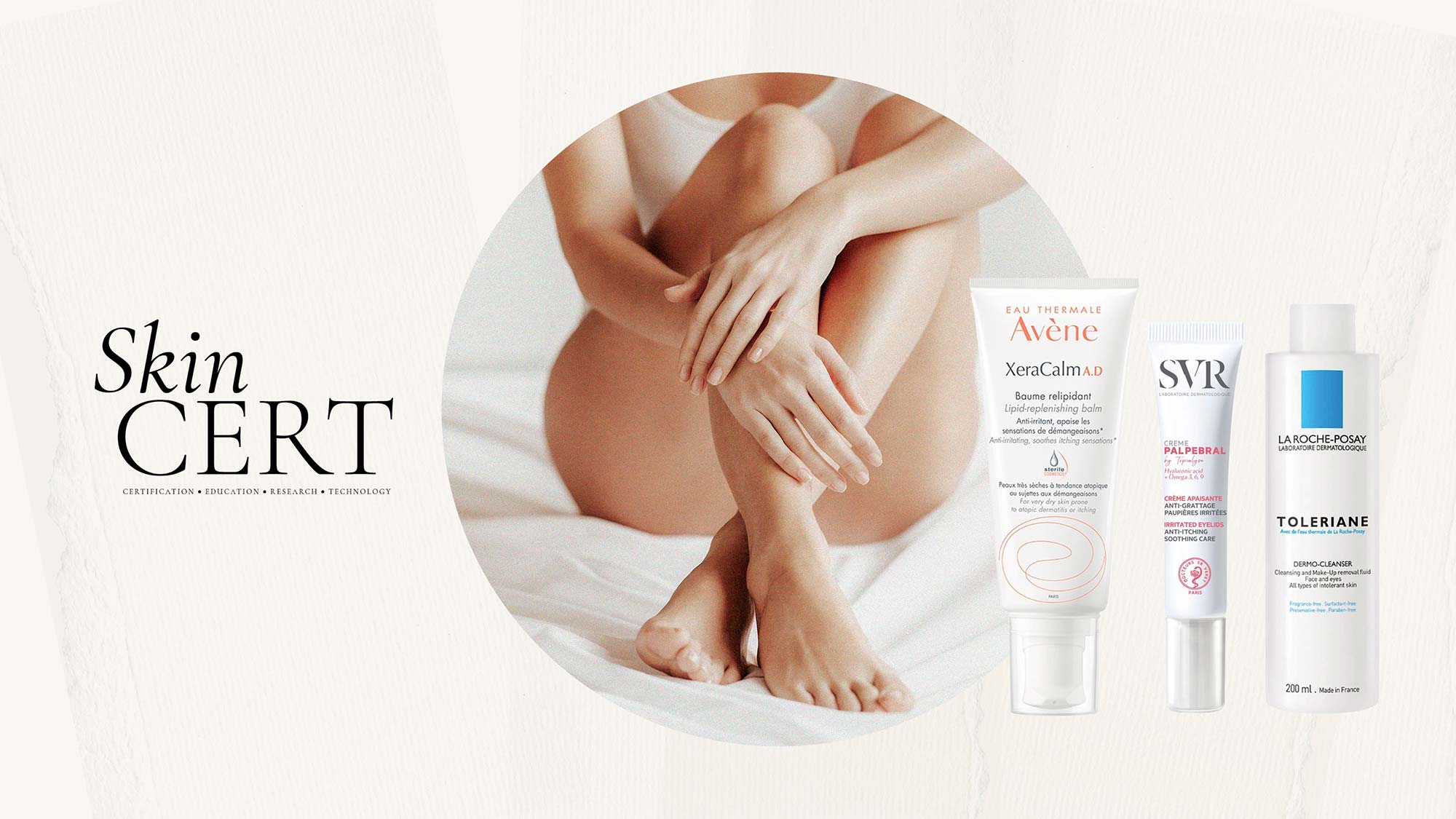
Celebrity news, beauty, fashion advice, and fascinating features, delivered straight to your inbox!
You are now subscribed
Your newsletter sign-up was successful
Finding the right one is essential
Eczema is a chronic inflammatory condition that isn't something that you are able to cure, but something that you can control. And the best way to do that is with an arsenal of the best eczema creams.
Because these are integral to your treatment plan says Dr Amélie Seghers, Consultant Dermatologist at The Clinic by Dr Maryam Zamani and author of Eczema: How To Ditch The Itch (£11.86 | Amazon). As she says, 'people with diabetes have to inject themselves with insulin every day, people with eczema have to use moisturisers every day.
'I always try to explain that your skin is like a wall with bricks and mortar. And those with a tendency to eczema don't have good quality mortar. That means the wall is not as strong, so there's more chance of water loss, which means that the skin gets dry.'
What to look for in the best eczema cream?
A clinical trial was recently held to answer that exact question. UK dermatology researchers tested 550 children with eczema to see how they responded to various formulations types. Interestingly, what they found was that there wasn't one particular moisturiser type that stood out, it was in fact using all types of moisturisers that helped to improve their eczema. The trial concluded that those with eczema should actually choose their moisturisers based on their own preference.
That sentiment is echoed by Dr Seghers, who says that the best moisturiser is the one that you're going to use. 'You have to find a moisturiser that you like because if you're not going to like it you're not going to put it on.' We totally understand that you might not want to leave the house in the mornings with a thick ointment on your skin, so you could opt for a moisturiser consistency that you like during the day and up the ante in the evening with richer creams.
There are of course products that have ingredients in their formulations that make them good candidates for the best eczema cream.
'Moisturisers with ceramides are good,' says Dr Seghers. 'As well as ones that contain glycerin and urea.' All of these ingredients support the skin barrier, which is key to looking after your skin when you have eczema because it helps your skin retain water. 'Humectants like glycerin, aloe Vera and hyaluronic acid are also a must,' says Skin Expert Fiona Brackenbury. 'These moisture magnets help the skin retain moisture.'
Niacinamide (vitamin B3) is also another ingredient to look out for. It's thought to 'help the formation of the lipid barrier by encouraging the skin to produce more ceramides, which are part of its lipid matrix,' says Dr Beibei du Harpur, dermatologist. It's also a gentle anti-inflammatory, 'this superhero vitamin reduces inflammation which would lead to irritation and flare-ups when allowed to build up,' adds Brackenbury.
Consistency is also important when looking after eczema-prone skin. Make sure you are moisturising regularly. 'Lots of moisture will be your skin's saviour and will help support your compromised skin barrier,' says Brackenbury.
Elise Loubatieres, aka @littlemissplumful, is a content creator who documents her journey with eczema on Instagram and TikTok. It's an honest account with useful tips that shows the reality of living with the skin condition.
'I hope that by putting myself out there I am raising awareness so that those who do not suffer from eczema can get an insight into what it's like living with it,' she says. 'I manage my eczema with various emollients and ointments, with a little help from topical immunosuppressants if it really flares up. My go-tos brands are those that are dermatologist-approved and French pharmacy brands. I love thick rich creams, that I then layer with ointments.'
When it comes to make-up, things can get tricky, as Loubatieres knows only too well. 'I'm not a huge make-up wearer, because when you have dry skin it often just clings to these patches and makes it looks worse,' she says. 'It also can further irritate my skin. The other issue is that when I'm flaring up or particularly dry, I need to re-apply emollients frequently and that's tricky when wearing makeup. I tend to just rock the shiny skin and wear a bold red lip. But when I do wear make-up, I go for creamy textures rather than powders.'
Products to steer clear of
Whilst there are creams that you absolutely should have in your skincare routine, there are also those that our experts would recommend you stay away from. If not permanently, then at least during a flare-up.
As eczema is an inflammatory skin condition and the skin barrier is severely compromised, your skincare approach needs to be adjusted to reflect this fragile skin condition. 'Fragrance and essential oils are some of the most important ingredients that are good to get into the habit of steering away from as they can trigger a flare-up,' says Brackenbury. 'I would also recommend avoiding chemical exfoliants (AHA’s, BHA’S & PHA’s), as these will be too aggravating. The skin barrier is already weakened so you wouldn’t want to expose the skin to dynamic exfoliators that aid in the removal of dead cells and thin the skin.
'Retinoids are known for their amazing ability to kick start cell renewal and collagen production, however brilliant and dynamic they are, but they're a big no-no and best avoided as they can cause skin sensitivity.'
She also says that when using a cleansing balm opt for a microfibre cleansing cloth, rather than a muslin, to clean your skin as it's much more gentle.
Whilst Dr Seghers agrees that the above ingredients can cause flare-ups and should be used with caution, she says they don't need to be avoided completely. 'Some people can tolerate them, but people with eczema have more sensitive skin so you just have to keep that in mind.'
Loubatieres's skincare habits fall in line with this advice: 'I stay away from anything overly perfumed or with strong exfoliating acids,' she says. 'I tend to avoid ingredients like salicylic acid, lactic acid, glycolic acid, retinol etc... However, as my skin is healing I am starting to produce more of my own oils again and have started getting spots. So I will use these ingredients in a small % in targeted areas.'
Again, if you are after something that's a little more 'active', that's where niacinamide-based products will come in.
Best eczema creams 2022:
Below you'll find an edit of face creams, body creams and some make-up that all come recommended by our experts. If you're struggling with eczema-prone skin, we hope these will offer some relief.
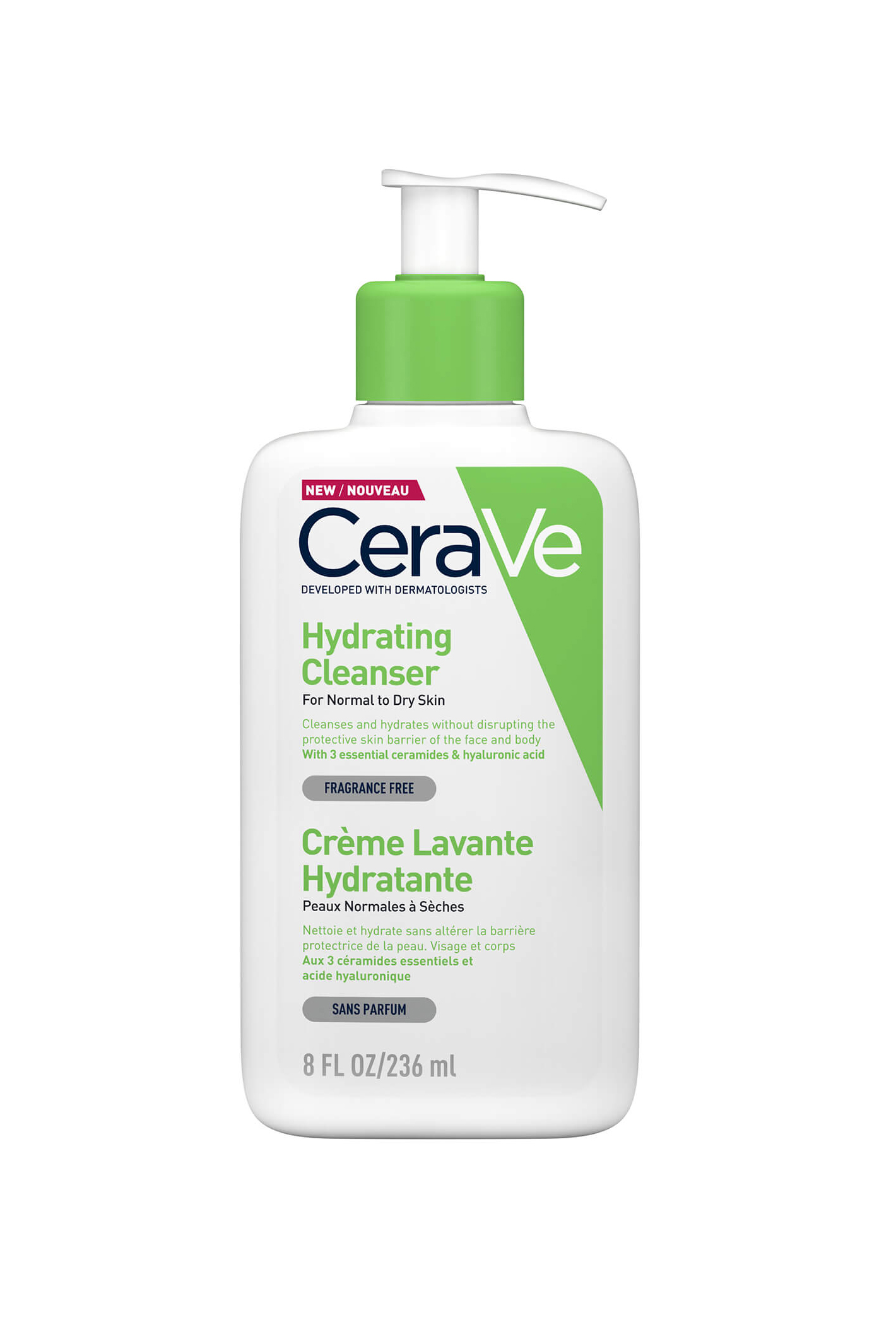
When washing your face it's important not to strip the skin barrier of all its goodness, especially in the case of eczema-prone skin. CeraVe's Hydrating Cleanser is a non foaming wash that's soap and fragrance-free, and packed with ceramides and hyaluronic acid to support your skin barrier. It's gentle and simple but super effective, and we love the handy pump dispenser.
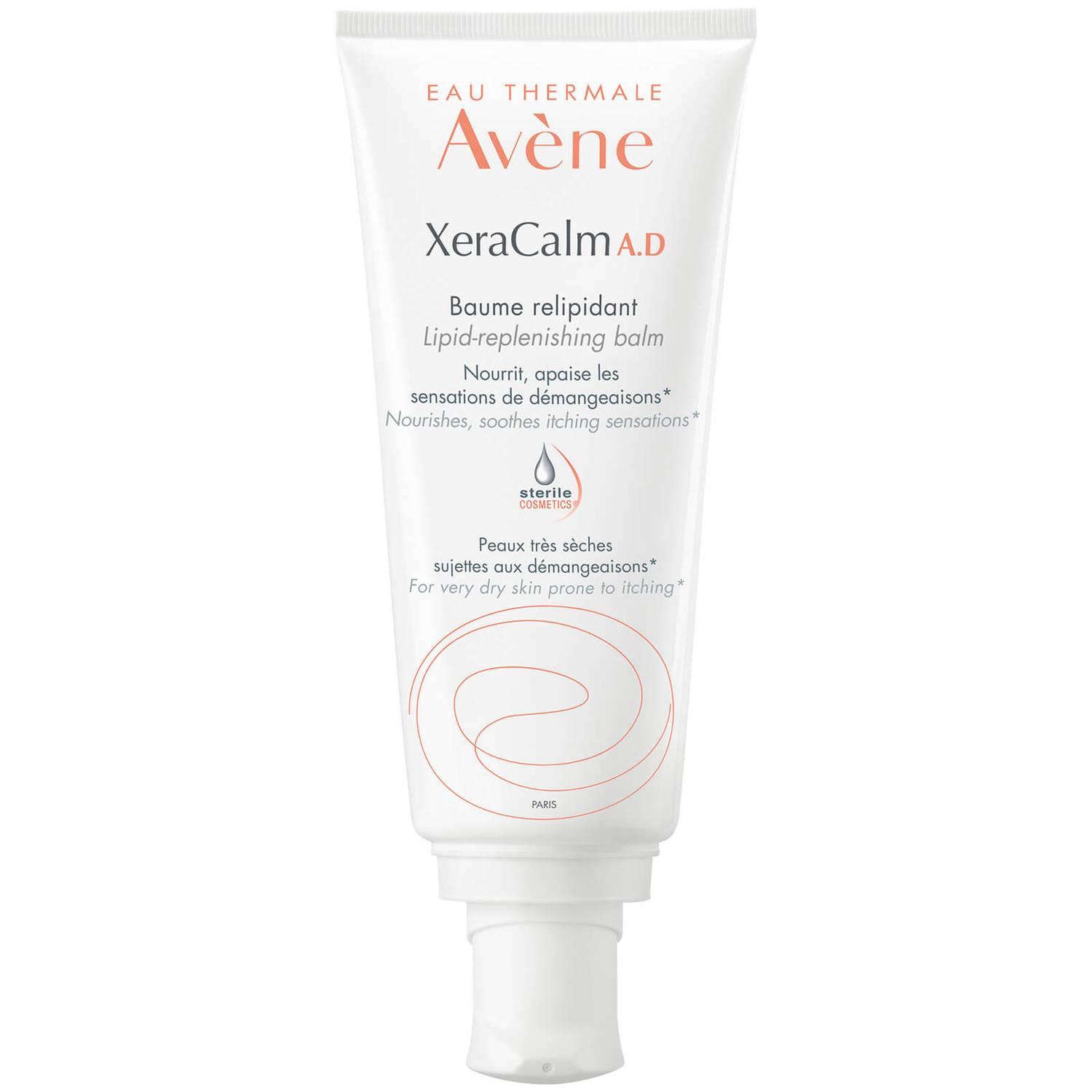
This is one of Elise Loubatieres's top choice's for soothing sore skin. A daily moisturiser that helps to calm skin down and help stop you itching. It's quite rich, but not so much that you couldn't wear it during the day quite happily.
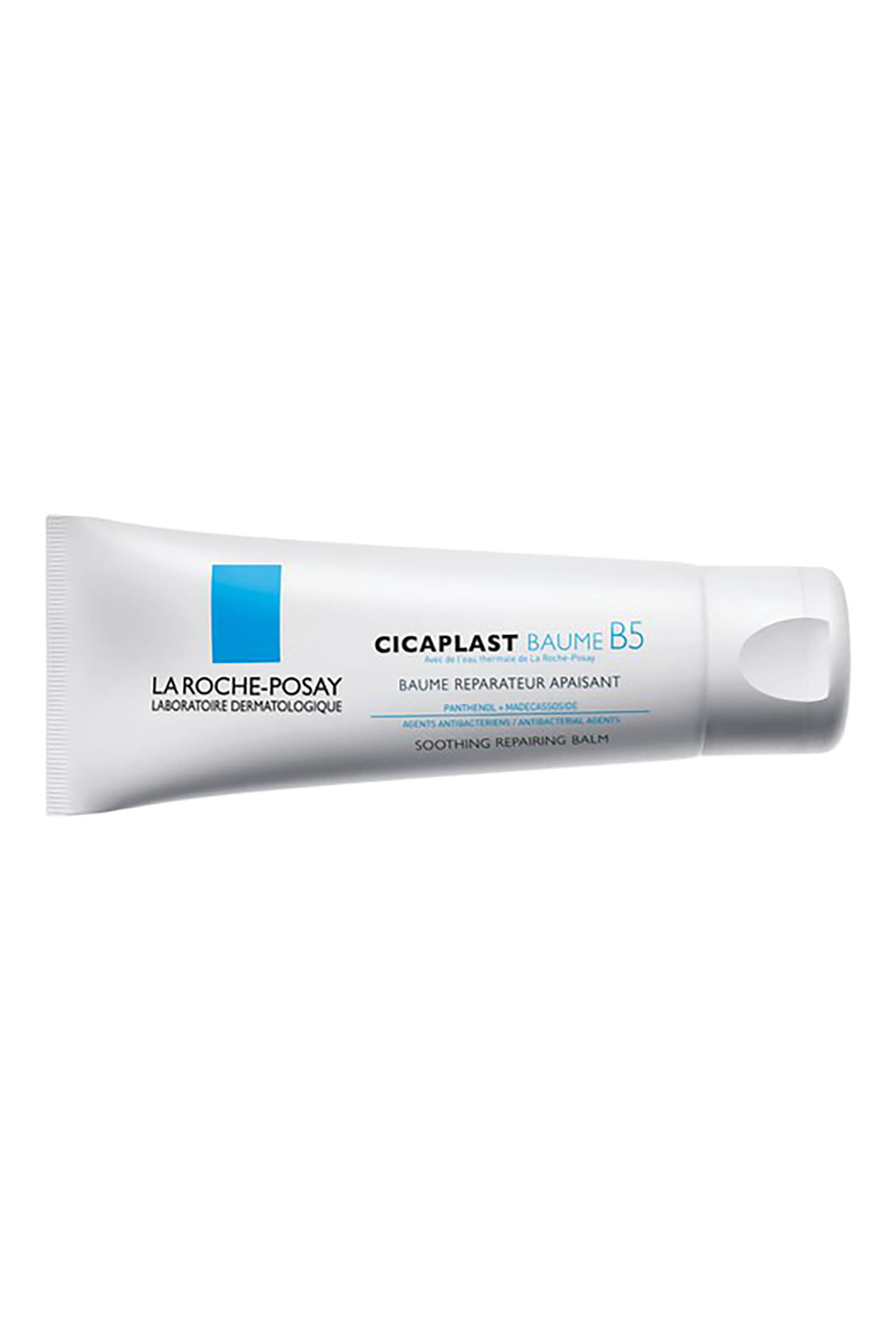
Cica is known for its healing properties, so it's no wonder this La Roche-Posay cream is so soothing when faced with an angry flare-up. It can be applied to your face, body and lips, so no matter where your eczema is wreaking havoc, you can rely on this to calm the affected area. This is one of Loubatieres's favourites.
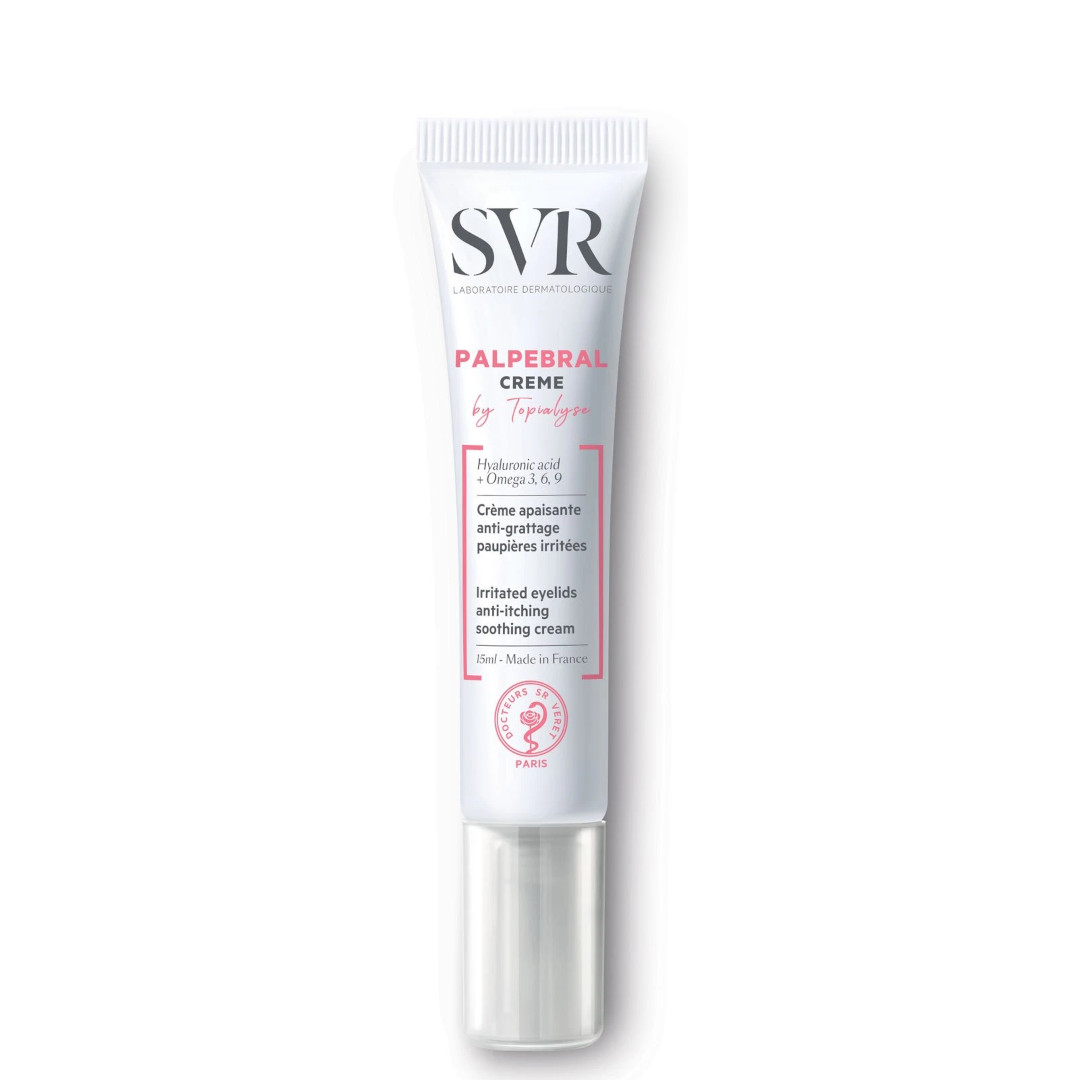
Because the skin around the eye is ever so delicate, this is an area that so often succumbs to the tightness and irritation of eczema. Brackenbury says this is the best eye cream for eczema. 'It includes an anti itching complex to help with the main itching, tighteners,' she says.
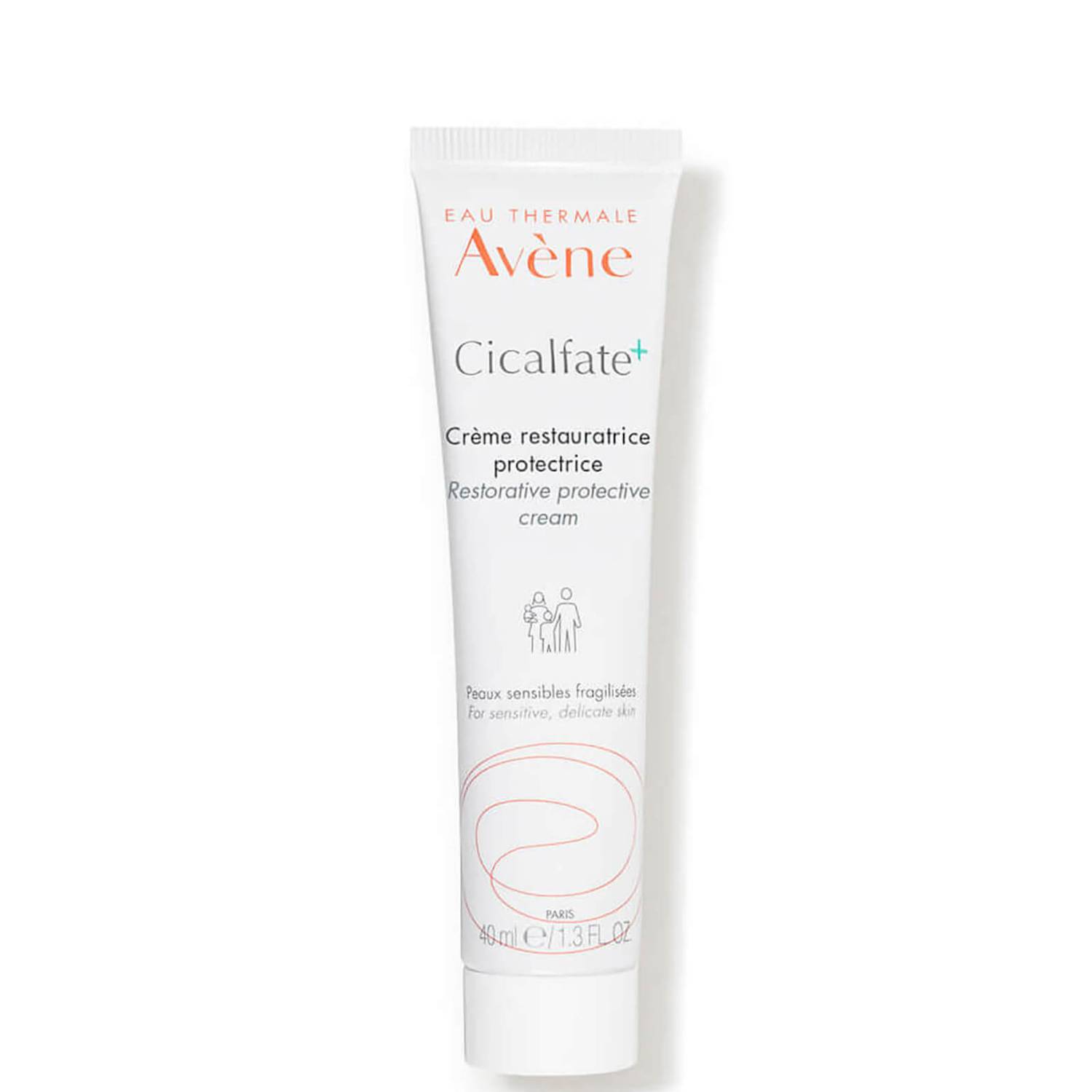
Avène's Cicalflate+ cream is the ultimate SOS product for dry, irritated skin. It can be used all over the body and contains a clever postbiotic that creates a sort of bandage effect on the skin. Ideal for when you have particularly sore and itchy that's feeling particularly fragile.
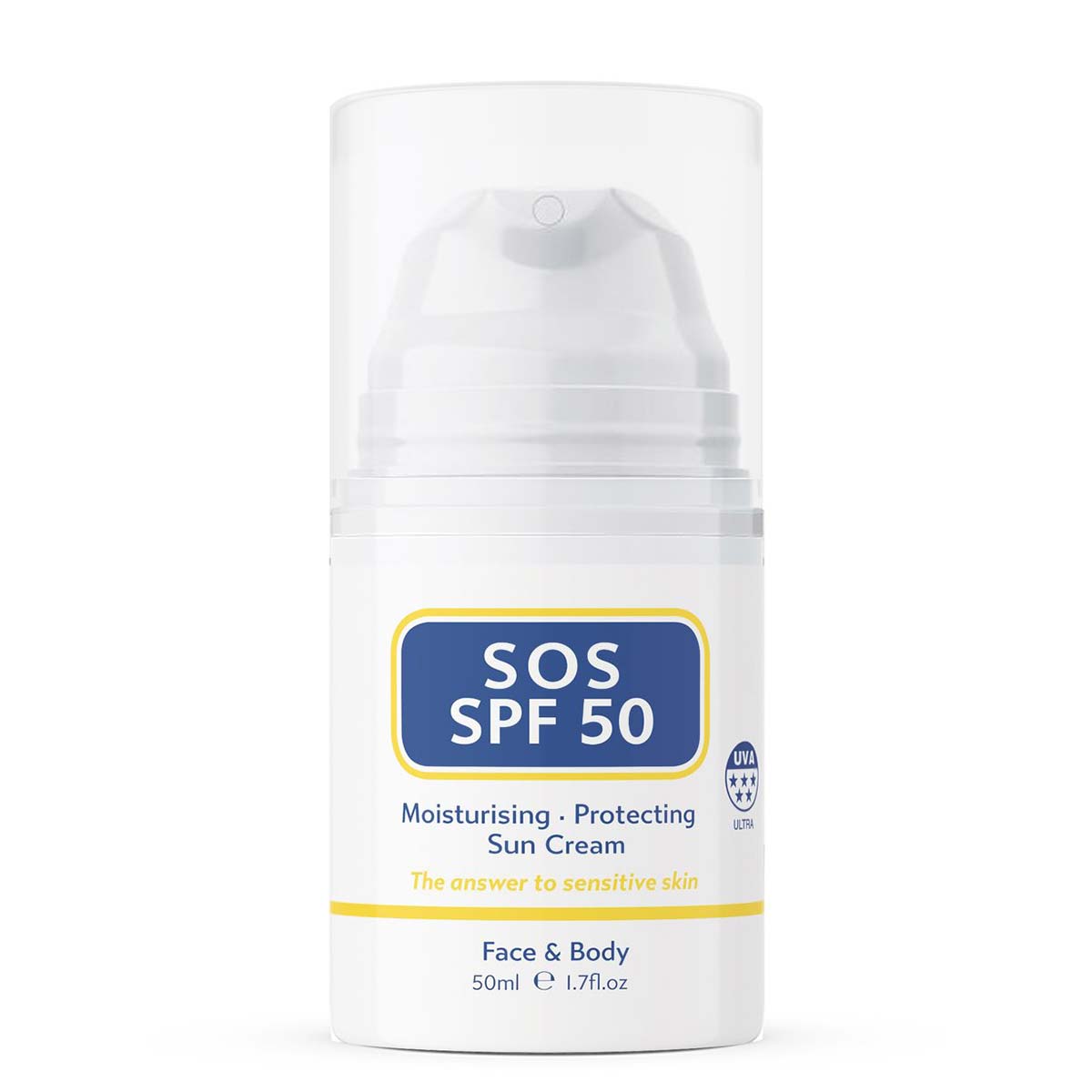
Protecting skin from the sun is even more important when it's particularly fragile. Brackenbury recommends mineral sunscreens as they are less irritating. 'One of the most essential products in your skincare routine will be sunscreen,' Brackenbury says. 'However, this can be the most challenging step and I recommend this mineral sunscreen as it will be your bff.'
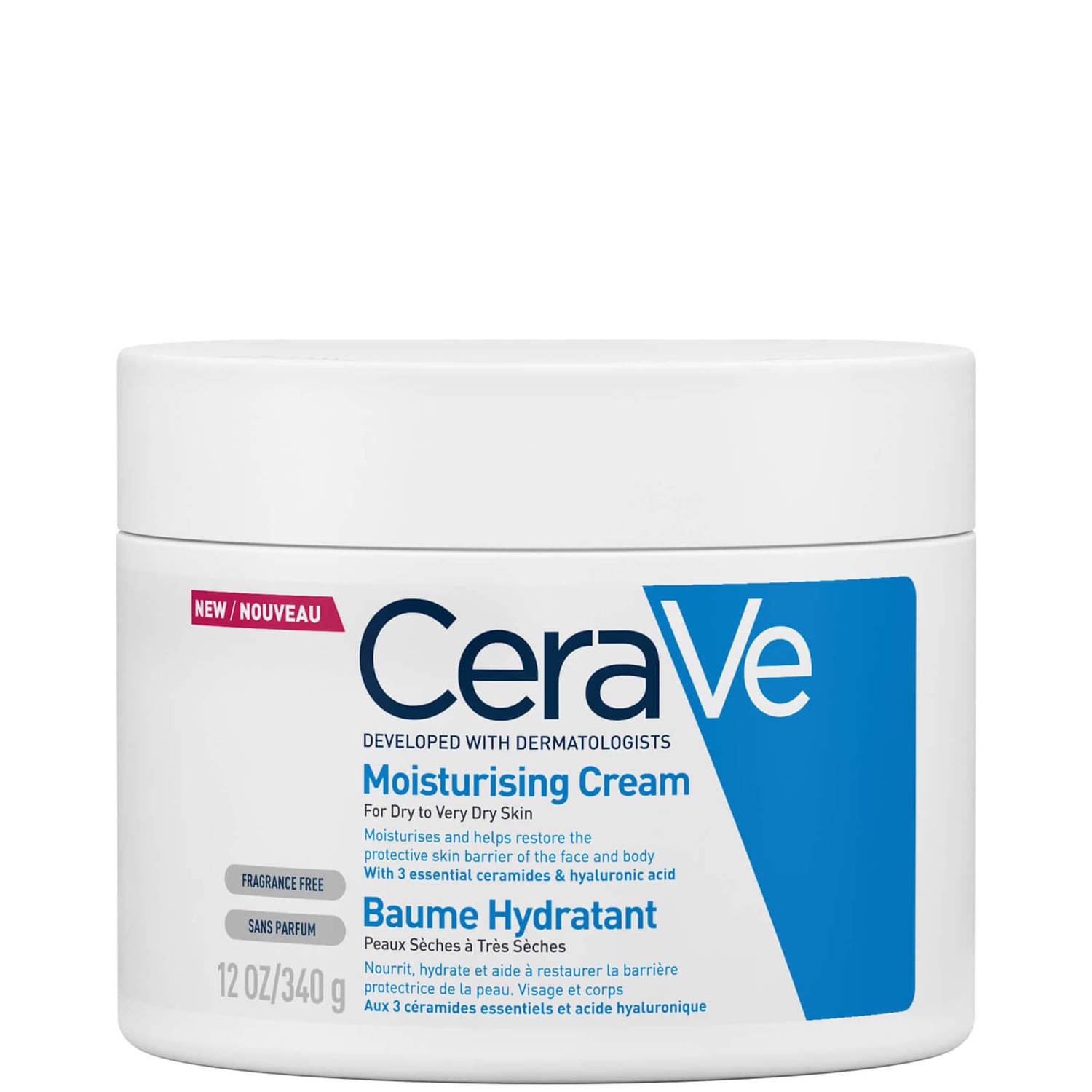
This super formula has everything you need to get your skin barrier back on track. As well as being jam-packed with ceramides, essential in restoring and maintaining the skin barrier, the clever skincare technology gradually releases hyaluronic acid throughout the day for round the clock hydration. It comes in a massive tub, generous size tube or travel size, and is suitable for face and body, so carry it with you wherever you go to repleish moisture whenever you need.
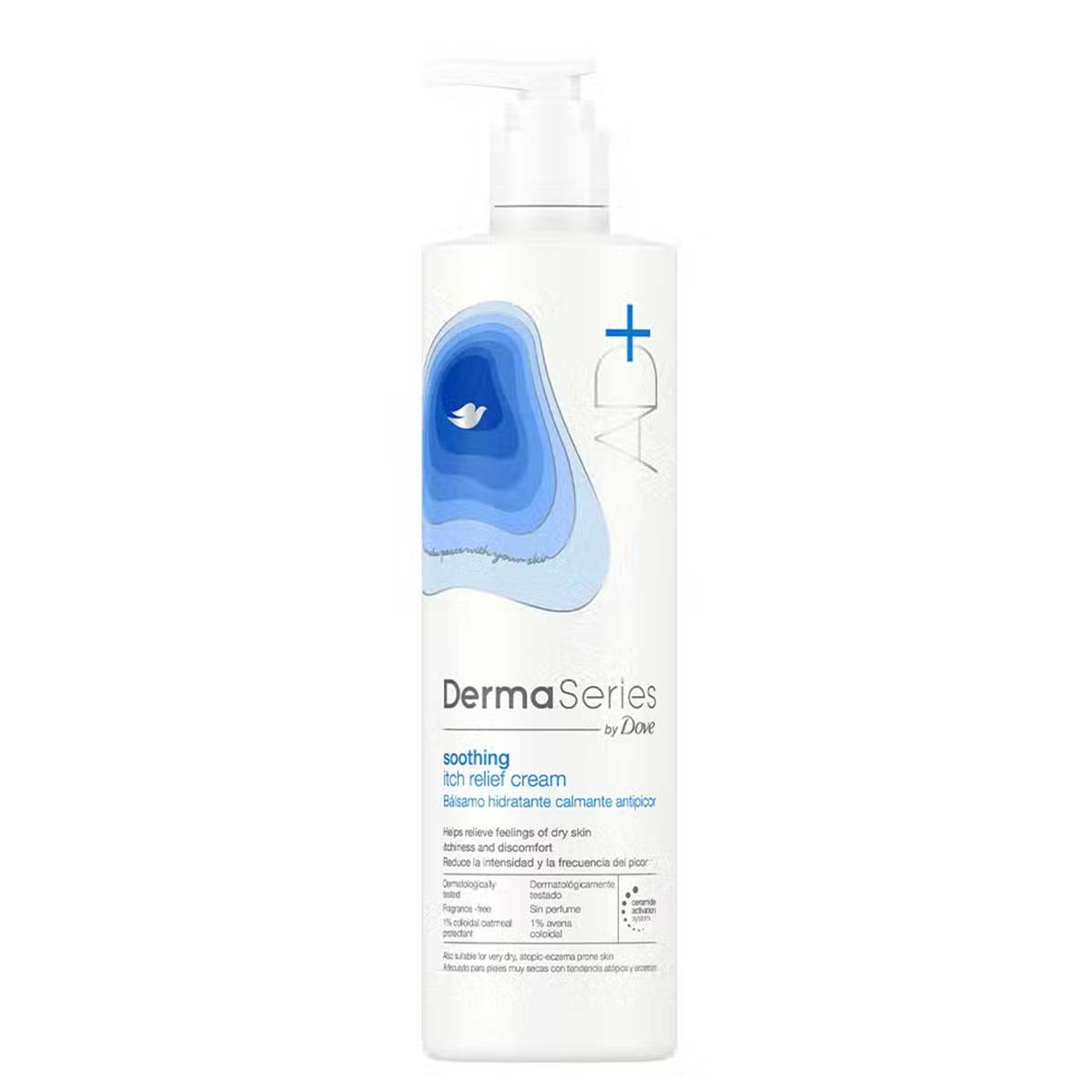
Dove's clever new range has been developed so that you get the most out its ceramide-rich skincare. Ceramides are quite chunky molecules, but the science behind this range ensures that the building blocks needed to kick start the natural cermide-production process are able to penetrate deep into your dermis where they're needed.
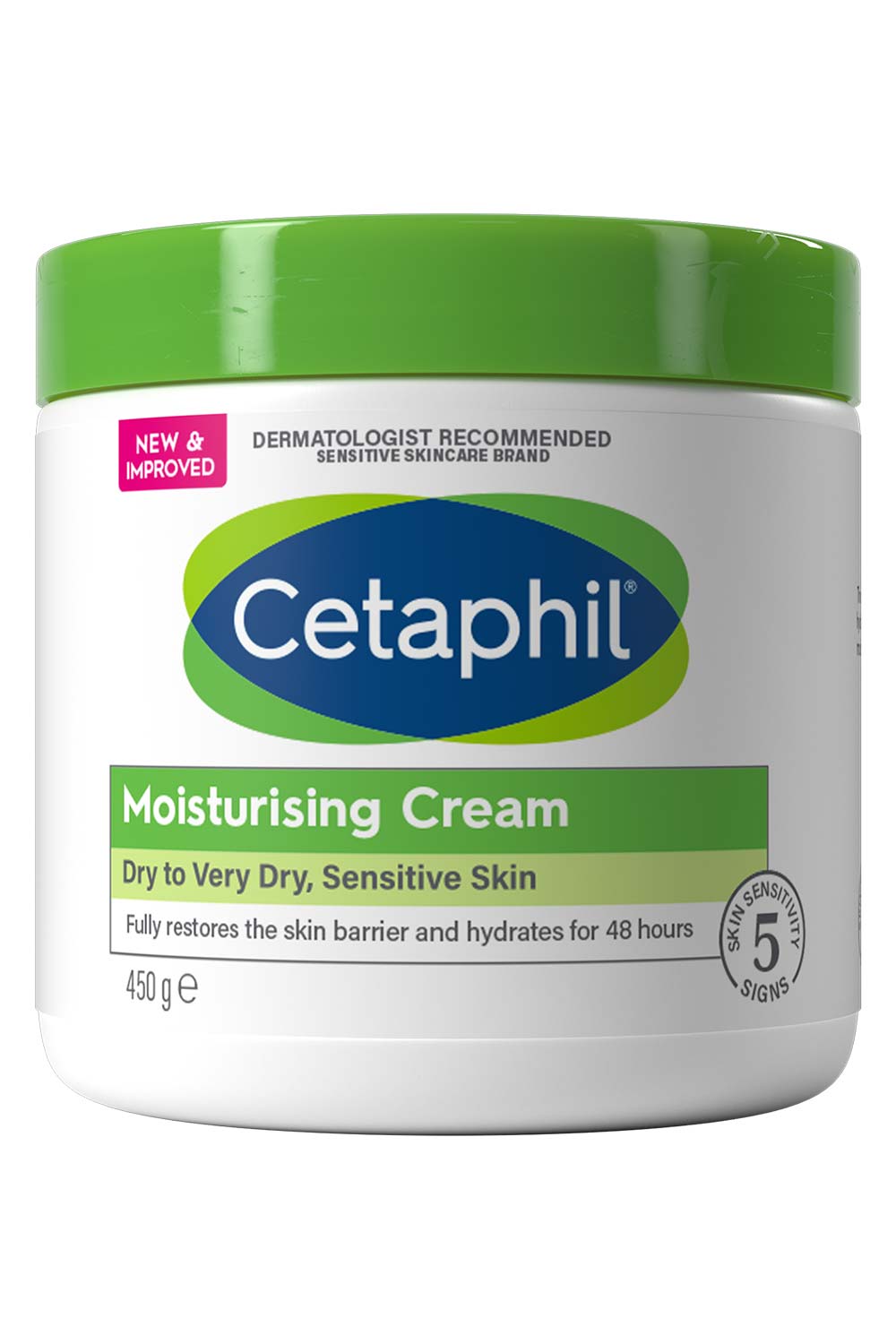
This is the body cream that Loubatieres uses every day to help nourish her skin and we can understand why. Cetaphil is a classic, dermatologist-recommended ceramide-rich range that's super affordable. Dr Seghers recommends this to her clients too.
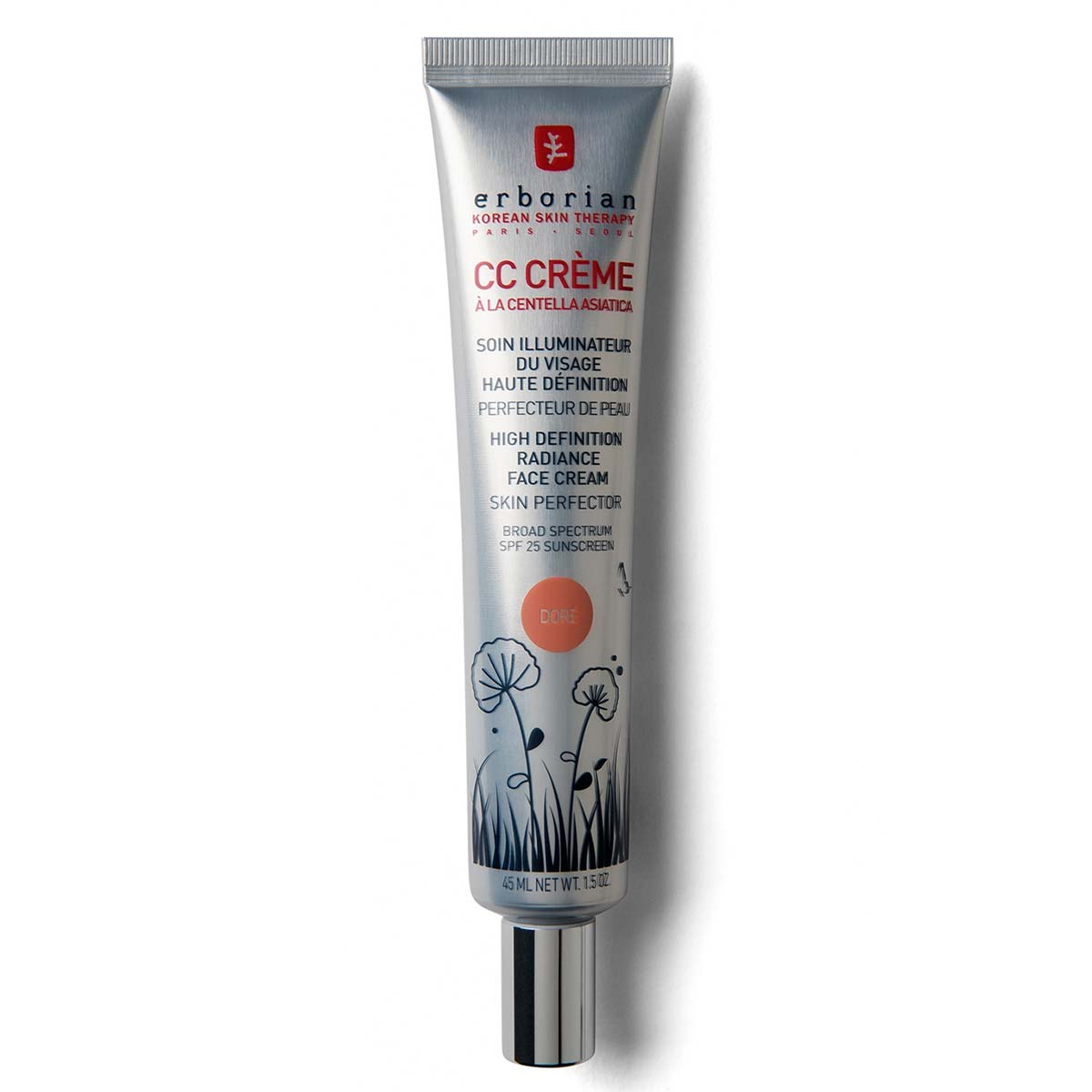
When it comes to make-up, Loubatieres says that skincare make-up hybrids are best. 'Skincare-infused products like Erborian CC Cream are my go-tos.'
Celebrity news, beauty, fashion advice, and fascinating features, delivered straight to your inbox!

Katie Thomas is the Senior Beauty Editor at Marie Claire UK. With over 10 years of experience on women's luxury lifestyle titles, she covers everything from the best beauty looks from the red carpet and stand out trends from the catwalk, to colonic irrigation and to the best mascaras on the market.
